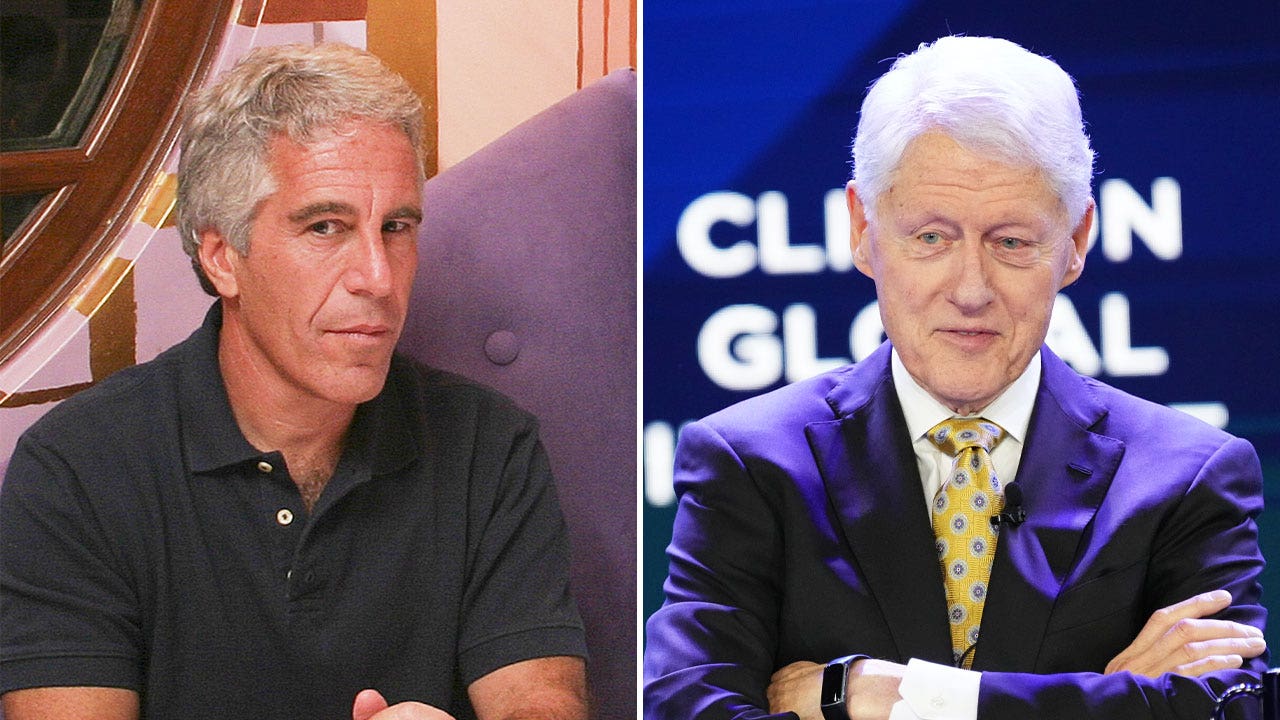Trump battles Senate over blue slip system for judicial nominations

President Donald Trump has been vocal in his criticism of the Senate for blocking his preferred nominees from being confirmed to key positions. However, lawmakers and individuals familiar with the process have pointed out that the Senate may not be entirely at fault.
Trump has specifically targeted the Senate’s “blue slip” tradition, which requires nominees for judge, U.S. attorney, and U.S. marshal to obtain approval from their home state senators before confirmation. The president has claimed that blue state senators only approve Democrats or weak Republicans, calling on Sen. Chuck Grassley to abolish the practice and even threatening to sue over it.
Despite Trump’s objections, Grassley and other Republicans have defended the blue slip process, citing its century-old tradition as an essential part of the confirmation process. Past presidents have successfully navigated the system to get their nominees confirmed, indicating that other factors may be contributing to Trump’s challenges in securing blue slips from Democrats.
Trump’s frustration with the blue slip process has escalated, with the president accusing Grassley of blocking nominees by upholding it. He has even threatened legal action over what he perceives as a “gentlemen’s agreement,” though the specifics of such a lawsuit remain unclear.
The administration must engage with the Senate early in the nomination process, consulting with home state senators about potential nominees. While former President Joe Biden was able to secure blue slips from opposing parties for 49 nominees, Trump has faced obstacles in obtaining approval from Democratic senators.
The vetting process for nominees includes providing the Senate Judiciary Committee with a questionnaire, FBI background check, and financial disclosures. Failure to engage with senators early in the process can hinder nominees’ progress, as seen in the case of Alina Habba, Trump’s former personal defense lawyer appointed as “interim” U.S. attorney.
Despite Trump’s calls to abolish the blue slip tradition, many Senate Republicans, including Grassley and Sen. Thom Tillis, have reaffirmed the importance of maintaining it. Grassley has defended his decision to uphold blue slips, emphasizing the need for nominees to have the support of home state senators for successful confirmation.
While Trump has managed to secure opposing party blue slips for some nominees, Democrats’ obstruction has posed challenges. Senators like Chuck Schumer and Dick Durbin have complicated the confirmation process by withholding blue slips or putting holds on nominees.
As Trump’s conflicts with the Senate continue to unfold, the validity of his nomination strategies may be tested in higher courts. The outcome of cases like Habba’s nomination, currently deemed invalid by a district court judge, could ultimately determine the constitutionality of Trump’s approach to securing key positions.




